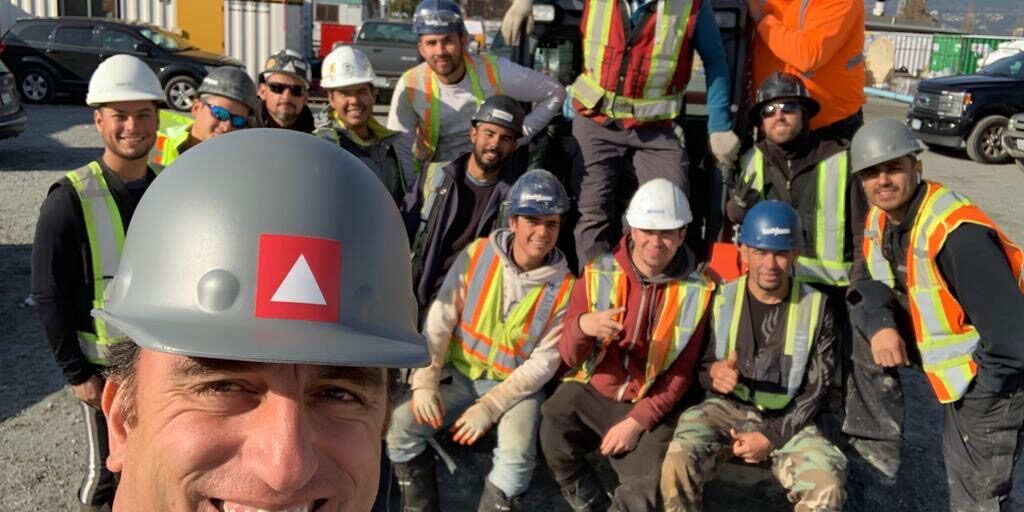Safety training courses in a construction sector organization helps to improve their team’s capability, capacity, productivity as well as performance. It does not consist only of training how to use equipment and tools and more often it’s a behavior training as well. However the significance of safety training is not only for the construction sector, but many other industries can benefit from the safety courses and can ensure a safe workplace.
The safety training is a highly recommended and useful tool that can bring a construction employee into a position, so they can do their job effectively, conscientiously and correctly. While other organizations can enable their employees to deal with any emergency situation beforehand and also make them to report hazardous incidents more efficiently and effectively.
There are many different types of training courses available, which you can adopt to train a construction worker. Which training programs are suitable for your employees, depends on the company type and roles of the company’s employees.Whether there are more construction workers, or merely office staff who need basic safety training. Some of the training programs which could help your organization; regardless of its operations, are listed below.
Technical Training: it is very important to train each and every worker for the equipment and tools they are using. This applies to the construction sector to make sure the safety of these workers. Construction technology is upgrading at a very fast pace, so to keep the workers safe as well as equipped with latest skills, it’s very crucial to arrange regular training related to the equipment and tools being used in the construction sector.
Quality training: This training course is essential for the production business. This training course refers to familiarizing employees with the means of detecting, preventing and eliminating non-quality items. This type of training will indirectly help to improve the bottom line of the company, as it will improve the product’s quality which will result in more sales. There is a complete set of training and standardization which falls under ISO standards. These ISO standard courses training are crucial for improving the production line quality.
Fall Protection Training: This training is crucial for all construction as well as cleaning workers, theater maintenance staff, bridge maintenance workers and telecom sector employees are few examples. This training will enable them to access the equipment for fall protection as well as will enable them to conduct a fall hazard assessment. These are quite risker jobs and having a fraction of mistake or negligence could result in fatality of one or more persons. So it’s quite crucial to not only get these workers trained but to get them trained from certified trainers.
First Aid training: At any place or any moment, some one can experience an illness or injury. When you have completed your First Aid Training course, then you may stop a minor mishap from getting worse. On the other hand, in a serious medical emergency, you may save the life of an injured person through first aid training. That’s why it is essential to learn basic First aid skills for construction as well as non construction workers equally. This course is a great investment a company makes toward the safety of it’s workforce.
Traffic Control Person Training: This is a generic training course which is not confined to construction workers only. This course will enable a person to get know how about traffic rules, state safety standards as well as some signaling equipment. There are many business sectors who need to train their doormen as well as security staff with the Traffic Control Person Training program. Those personnels working in parking lots or buildings and malls must have this training. This will also widen up their opportunities for career growth.
At True North Safety we are committed to provide safety training courses in compliance with the standards of WorkSafe BC. Our training instructors are equipped with latest training equipment and are members of British Columbia Safety Alliance (BCCSA) and British Columbia Municipal Safety Association (BCMSA)







